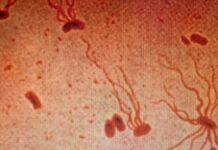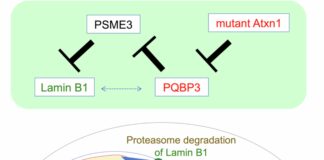The U.S. Centers for Disease Control and Prevention (CDC) is facing an unprecedented crisis under the current administration, with former leaders warning the agency’s credibility – and even its survival – is at risk. Three high-ranking ex-officials have described a chaotic and scientifically dismissive environment that has emerged since President Trump’s second inauguration and the appointment of Robert F. Kennedy Jr. as Health and Human Services (HHS) Secretary.
Disregard for Expertise and Science
Dr. Daniel Jernigan, former director of the CDC’s National Center for Emerging and Zoonotic Infectious Diseases, described the situation as “in your face” disregard for scientific expertise. This sentiment was echoed by Dr. Debra Houry, former chief medical officer, and Dr. Demetre Daskalakis, former director of the CDC’s National Center for Immunization and Respiratory Diseases. All three resigned after the controversial firing of CDC Director Susan Monarez in August, who was dismissed for refusing to approve what her legal team called “unscientific, reckless directives.”
The core issue is a reversal of established public health principles : instead of policy being driven by evidence, decisions are being made first, and supporting data sought afterwards. This approach, as Jernigan put it, represents a shift from “evidence-based decision-making to decision-based evidence making.”
Staffing Cuts, Funding Freezes, and Policy Chaos
The administration’s actions have included sweeping staffing cuts at the CDC through the newly created Department of Government Efficiency (DOGE), as well as funding freezes that appear haphazard rather than strategic. Former officials note that RFK Jr. did not hold any direct meetings with CDC staff or directors, instead relying on appointees who requested data from scientists without proper confidentiality agreements.
This lack of engagement and oversight created confusion, especially when the administration promoted unproven treatments (like cod-liver oil for measles) while simultaneously weakening public health infrastructure. For example, vaccine policy changes were announced via social media posts before being reflected on the CDC website.
Escalating Instability and Violence
The chaos culminated in a violent attack on the CDC headquarters in Atlanta in August, where a gunman fired hundreds of rounds into the buildings, blaming the COVID-19 vaccine for his mental health issues. The secretary’s response – telling the public “Don’t trust the experts” during a media interview shortly after the shooting – further eroded public trust in the agency.
The Future of Public Health
The three former directors now advise the public to seek health information from vetted sources outside the CDC, including academic centers like the University of Minnesota’s CIDRAP, regional health alliances, and professional medical organizations.
Houry bluntly stated, “I don’t know if CDC will survive, to be quite frank, with what they’re doing.”
The agency’s long-term viability hinges on whether the current administration will reverse course and prioritize science-driven policymaking. The events unfolding at the CDC raise serious questions about the future of public health in the United States, and the ability of the government to respond effectively to future crises.























